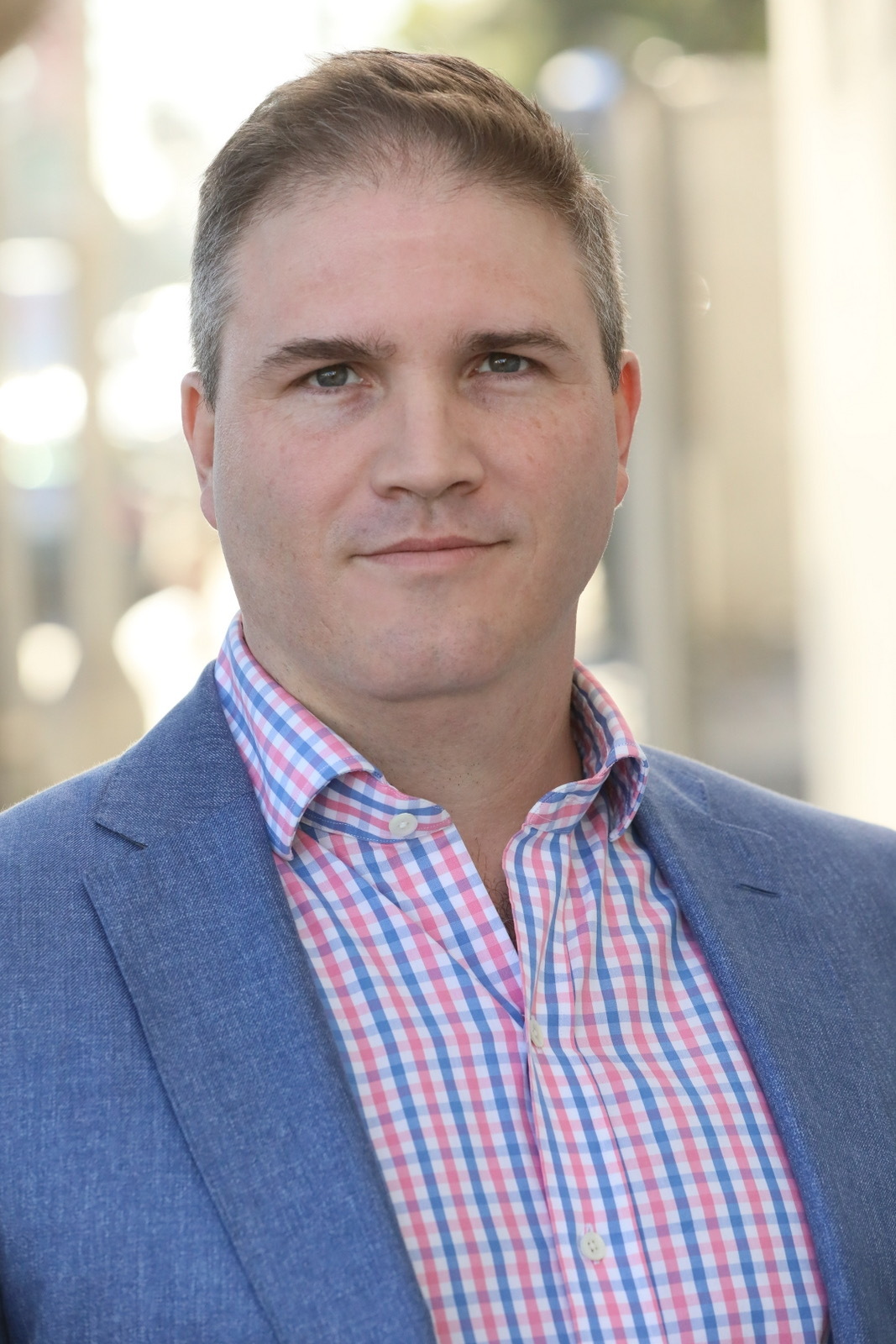Buffalo Studios CEO Matt Fleckenstein ’00: ‘Start making things right now’

When Matt Fleckenstein ’00 wanted to produce a live-action series outside of Los Angeles, he realized there was potential in his hometown of Buffalo, where he knew there were large buildings and factories that could be converted into sound stages. That’s when the idea for Buffalo Studios, a full-spectrum film and animation studio, was born.
Right now, Buffalo Studios is in Phase 1 of development, with six sound stages and office space currently being developed on a vacant 27-acre lot that once housed a steel mill. The studios will be state-of-the-art facilities with support for all aspects of production, including VR, VFX and virtual production. Groundbreaking is slated for late spring, with a tentative completion date of late 2022.
Fleckenstein’s professional credits include writing and producing for multiple Kids’ and Family shows, including “iCarly,” “Clifford the Big Red Dog” and the show he created for Nickelodeon, “Nicky, Ricky, Dicky & Dawn.” Recently, we asked him about his journey from Los Angeles back to Western New York.
Have you always wanted to work in television and film?
My whole life, I’ve only ever wanted to do two things… to write and to own a business. Where I am now, my career is the intersection of those two things. Inevitably, if you’re successful enough in your writing and lucky to be able to climb to a certain level of success, you become a producer as well. There are certain writers who don’t really enjoy that, but I do. I like working on budgets, helping new writers to develop scripts and finding locations and coming up with creative solutions to make a production come together. So yes, it was always percolating there somewhere.
How has the pandemic impacted some of your projects?
I’ve been developing more animated projects because animation has always had a bit of a remote working element to it. There was a few-week hiccup [when the pandemic struck last March], but then animated shows shifted to fully remote and just kept on going. So, animation has adjusted well to the current climate. And that’s what the buyers have been focused on. At the same time, live-action is still pretty stalled.
I’ve been waiting months on a green light for a show I have at Apple. I should be maybe 10 episodes into producing it, instead I’m waiting for production to come back in full. [The pandemic has] also brought new challenges to getting Buffalo Studios together, but we’ve adapted and adjusted and we’re still on a great track to break ground in the spring.
What is one valuable lesson you learned at Newhouse that helped you get to where you are?
Professor [Evan] Smith said to us, “You better know how to make a cup of coffee.” Of course, when I moved to LA, my first job was making coffee and picking up lunches, and it wasn’t a shock because I was prepared for that. I was very glad that I had that grounded perspective in my education.
What advice would you give current students who want to work in the industry?
Start making things right now. Don’t wait. If you’re a writer, great. Find a director, find someone who wants to do costumes, find theater students who want to be actors. The best thing you can do is practice and make things. That’s number one. Number two is, unless you have some great job waiting for you in New York or Los Angeles, either stay in Syracuse and continue to make stuff once you graduate or go back home where you have a support system and a place you can live for free and just work on your craft. To me, that’s invaluable. If I could go back, I probably [would have] stayed in Syracuse longer. It was affordable, I had friends and could have continued to make things. spend a couple of years making things. Maybe by the time you graduate or a year or two afterwards, you make that independent project that goes online and it blows up, and you don’t have to uproot your whole life.
What is your vision of the future for film production outside of Hollywood?
To me, the most exciting change over the past 10-15 years is the democratization of content creation. Anyone from anywhere in the world can build a YouTube channel and make a living, without dealing with the gatekeepers. I think it’s amazing, and there are so many stories and talented people around the world who now have a voice for their work.
Taylor Huang is a sophomore magazine major at the Newhouse School.